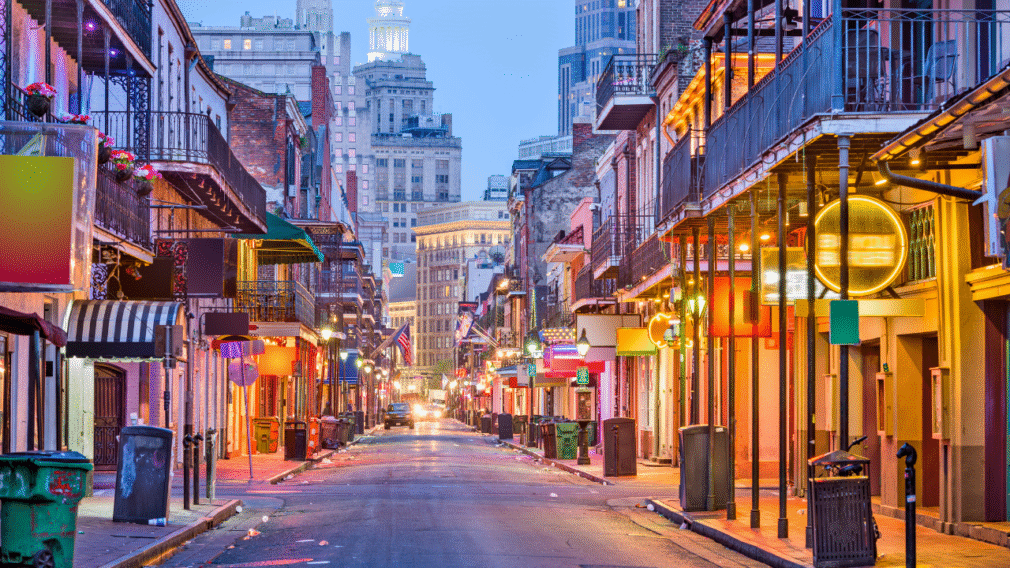Louisiana’s Online Lottery Bill Hits Pause, Eyes 2026 Comeback
Louisiana’s House Bill 228, aiming to legalize online lottery sales, was voluntarily deferred, halting iLottery plans for 2025.

A Stalled Bet on iLottery
Louisiana’s dream of launching an online lottery took a timeout when Rep. Vanessa Caston LaFleur voluntarily deferred House Bill 228 during a House Administration of Criminal Justice Committee hearing.
The move shelves iLottery legalization for 2025, but LaFleur’s not folding, she’s crafting a resolution to study the best rollout strategies for a 2026 push. “It’s on the horizon—just not today,” LaFleur told the committee, pitching HB 228 as a way to modernize the Louisiana Lottery Corporation and juice up school funding.
HB 228 aimed to let the Louisiana Lottery Corporation sell tickets online for games like Powerball, Mega Millions, Lotto, Easy 5, Pick 3, Pick 4, Pick 5, and eInstant scratch-offs.
It projected $23 million in net revenue in year one, with at least 25% of online proceeds, matching retail rates, flowing to the state treasury for K-12 schools.
Players would need to be 21 and physically in Louisiana, with age and location verification tech in place. Scientific Games, the lottery’s vendor, touted digital potential, noting cross-promotion with retail and online versions of games like Monopoly tickets.
Why the Delay?
LaFleur’s deferral stems from a need to iron out details. Concerns about eInstant games resembling online slots, which could stir opposition from anti-gambling groups, loomed large.
The bill’s potential to exacerbate problem gambling, with 5.4% of Louisianans at risk in 2016, up from 1.7% in 2008, also raised red flags.
LaFleur’s planned resolution will dig into regulatory frameworks, eyeing states like Michigan, where iLottery generated $500 million in 2024. “We want to get this right,” LaFleur signaled, prioritizing a bulletproof plan for 2026.
Problem Gambling in Focus
Louisiana’s gambling landscape, with riverboat casinos, tribal gaming, and video poker since the 1990s, has a darker side. A 2016 study showed 2.9% of residents faced potential pathological gambling, above the national 2.2% average, with regions like New Orleans hitting 4.6%.
The Louisiana Problem Gambler’s Helpline, known to 73-82% of residents, fields calls for issues like overspending. Yet, awareness of Shreveport’s CORE addiction treatment center lags at 9-11%, despite rising demand. HB 228’s deferral buys time to address these risks, especially for youth exposed to digital gaming.
Recommended
